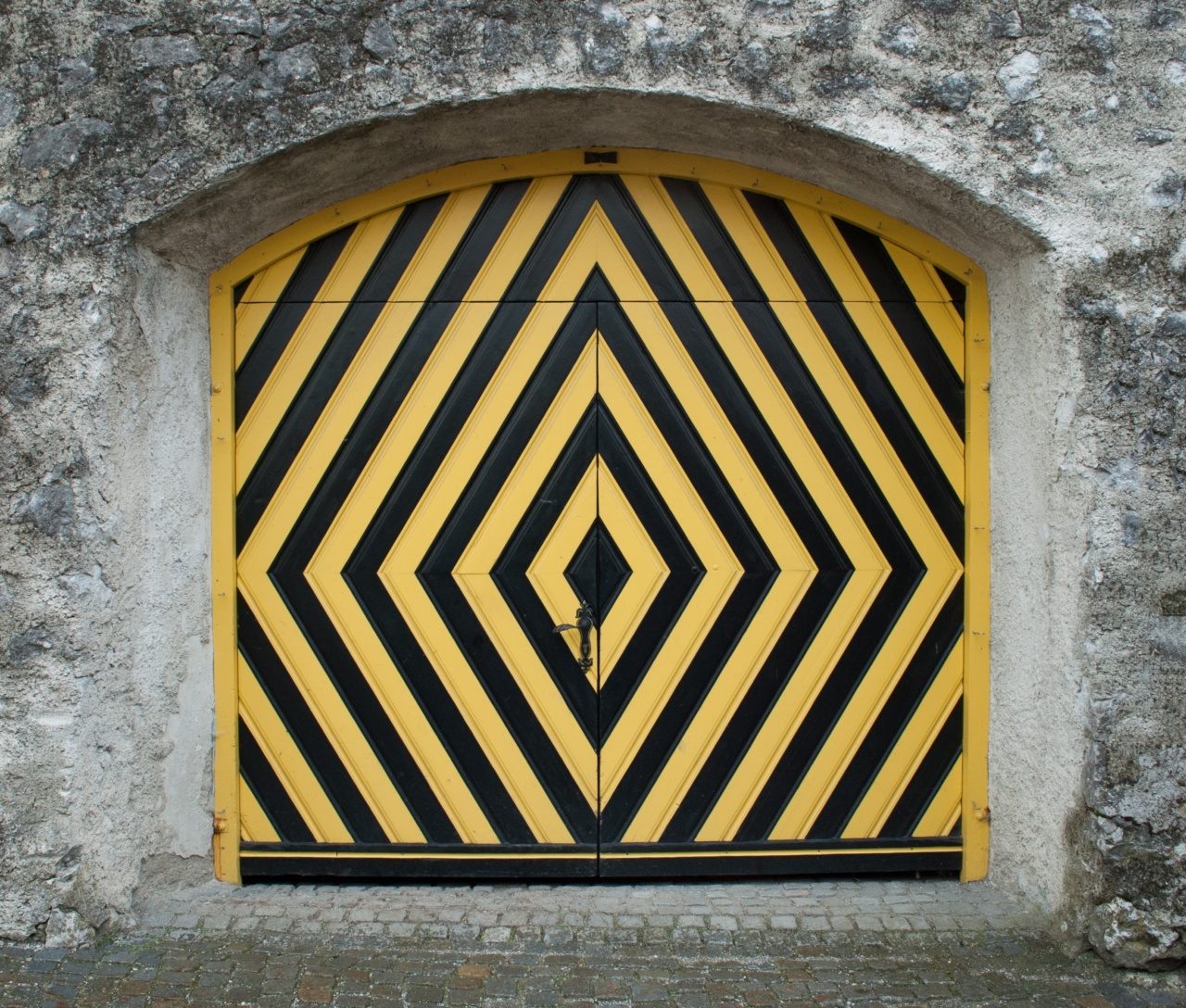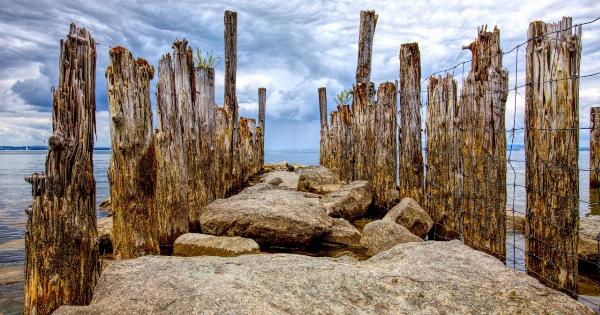Kidney stones, also known as renal calculi, are solid deposits that form in the kidneys due to the presence of certain substances in the urine. While they may seem unrelated, kidney stones can actually be a warning sign for weakened bones.
In this article, we will explore the connection between kidney stones and bone health, the risk factors for developing both conditions, and the steps you can take to prevent them.
Understanding Kidney Stones
Kidney stones are crystal-like substances that form when there is an imbalance of certain minerals and salts in the urine. These minerals come together to create hard masses that can vary in size and shape.
They can be as small as a grain of sand or as large as a golf ball.
The most common type of kidney stones are calcium oxalate stones, which are formed when calcium combines with oxalate in the urine. Other types of kidney stones include uric acid stones, struvite stones, and cystine stones.
Each type has its own distinct composition and requires different treatments.
The Link Between Kidney Stones and Weakened Bones
Research has shown a strong association between kidney stones and weakened bones. People who have a history of kidney stones are more likely to develop osteoporosis, a condition characterized by low bone mass and structural deterioration of bone tissue.
This is because the factors that contribute to kidney stone formation, such as excessive calcium excretion, can also lead to the loss of calcium from the bones.
Furthermore, certain medical conditions that increase the risk of kidney stones, such as hyperparathyroidism and renal tubular acidosis, can also impair bone health.
Hyperparathyroidism is a condition where the parathyroid glands produce too much parathyroid hormone, leading to increased calcium levels in the blood. This can result in the release of calcium from the bones, contributing to bone loss. Renal tubular acidosis, on the other hand, can lead to an acidic environment in the body, which can cause the bones to release calcium to neutralize the acid.
Risk Factors for Kidney Stones and Weakened Bones
Several factors can increase the risk of both kidney stones and weakened bones. These include:.
1. Family History
If you have a family history of kidney stones or osteoporosis, you may be more prone to developing both conditions.
2. Age and Gender
Kidney stones are more common in individuals between the ages of 30 and 60 and are more prevalent in men. Osteoporosis, on the other hand, is more common in postmenopausal women.
3. Diet
A diet high in sodium, sugar, and animal protein and low in calcium, water, and fiber can increase the risk of kidney stones and weaken bones.
4. Dehydration
Inadequate fluid intake can lead to concentrated urine, increasing the likelihood of kidney stone formation. It can also weaken bones by depriving them of the hydration they need.
5. Sedentary Lifestyle
Lack of physical activity can contribute to both kidney stone formation and weakened bones. Exercise helps in maintaining healthy bones and preventing the buildup of certain substances that can lead to kidney stones.
Prevention and Maintenance of Kidney Stones and Bone Health
Although kidney stones and weakened bones can pose significant health risks, there are strategies you can adopt to reduce your chances of developing these conditions:.
1. Stay Hydrated
Drinking plenty of water and fluids throughout the day can help dilute urine and prevent the concentration of substances that can lead to the formation of kidney stones. It is recommended to drink at least 8 cups (64 ounces) of water per day.
2. Follow a Balanced Diet
Eating a well-balanced diet that is low in sodium, sugar, and animal protein, and rich in calcium, water, and fiber can promote both kidney health and bone strength.
Include foods like leafy greens, low-fat dairy products, whole grains, and fresh fruits in your daily meals.
3. Limit Salt Intake
Excess sodium in the diet can increase the amount of calcium excreted in the urine, potentially contributing to kidney stone formation and bone loss. Avoid processed and packaged foods that are high in salt and opt for fresh, whole foods instead.
4. Engage in Regular Physical Activity
Participating in weight-bearing exercises, such as walking, jogging, dancing, or strength training, can help improve bone density and reduce the risk of both kidney stones and osteoporosis.
Aim for at least 150 minutes of moderate-intensity exercise each week.
5. Limit Soda and Caffeine Consumption
Sodas and caffeinated beverages, such as coffee and tea, can increase the excretion of calcium in urine, potentially contributing to the formation of kidney stones. Opt for healthier alternatives like herbal teas or infused water.
6. Get Adequate Calcium
Contrary to popular belief, getting enough calcium from your diet is crucial for kidney stone prevention and maintaining strong bones. Aim for the recommended daily intake of 1000-1200 mg for adults.
If necessary, talk to your healthcare provider about calcium supplements.
7. Minimize Alcohol Consumption
Excessive alcohol consumption can increase the excretion of calcium in urine, leading to an increased risk of kidney stones and weakened bones.
Limit your alcohol intake to moderate levels, which is defined as up to one drink per day for women and up to two drinks per day for men.
8. Maintain a Healthy Weight
Obesity is a risk factor for kidney stones and osteoporosis. Maintain a healthy weight through a balanced diet and regular exercise to reduce your chances of developing these conditions.
9. Quit Smoking
Smoking has been linked to a higher risk of kidney stones and impaired bone health. Quit smoking to protect your kidneys and bones, as well as enjoy numerous other health benefits.
10. Regular Medical Check-Ups
Regular check-ups with your healthcare provider can help monitor your kidney and bone health.
If you have a history of kidney stones or osteoporosis in your family, your doctor may recommend periodic screenings or additional tests to evaluate your risk.
Conclusion
Kidney stones can serve as an important warning sign for weakened bones, as both conditions can share common risk factors and underlying causes.
By adopting a healthy lifestyle, including a balanced diet, regular exercise, and adequate hydration, you can minimize your risk of developing kidney stones and osteoporosis. Consult with your healthcare provider for personalized recommendations and guidance on maintaining optimal kidney and bone health.






























